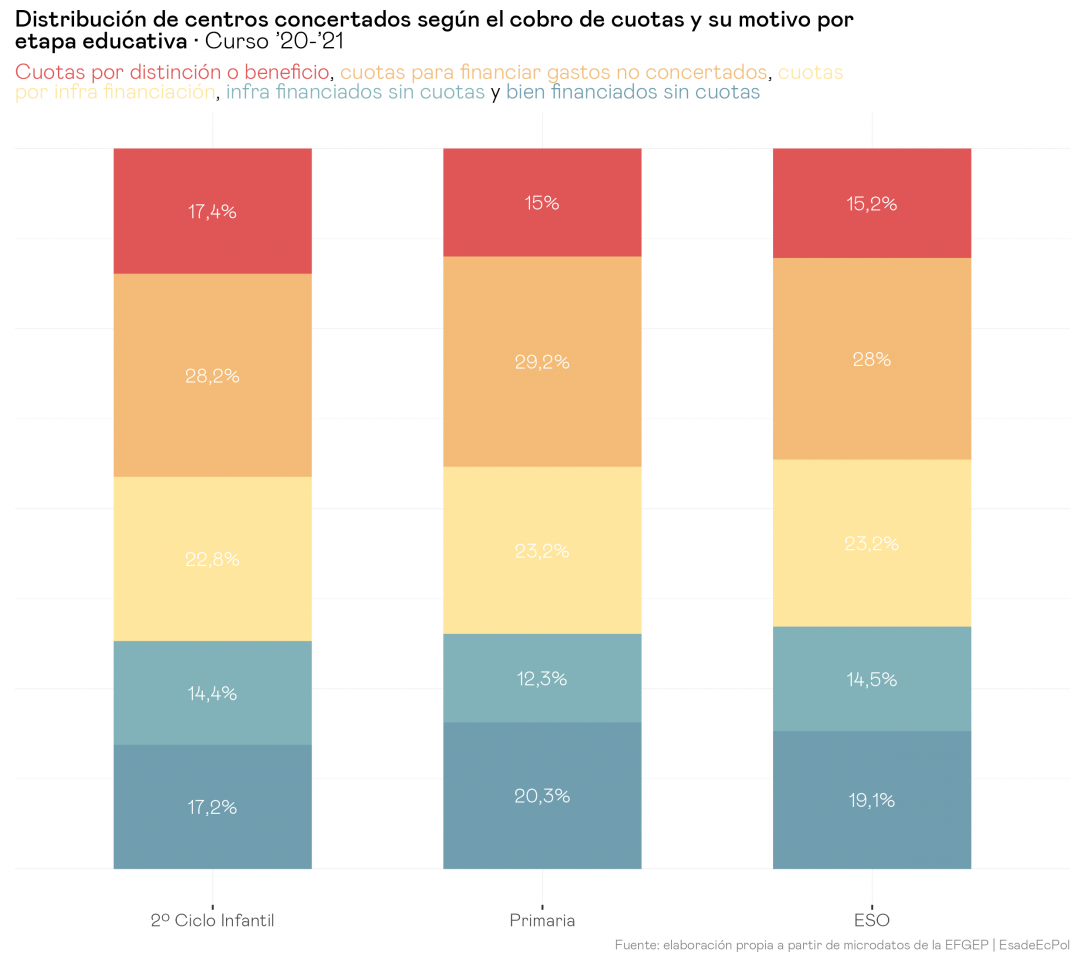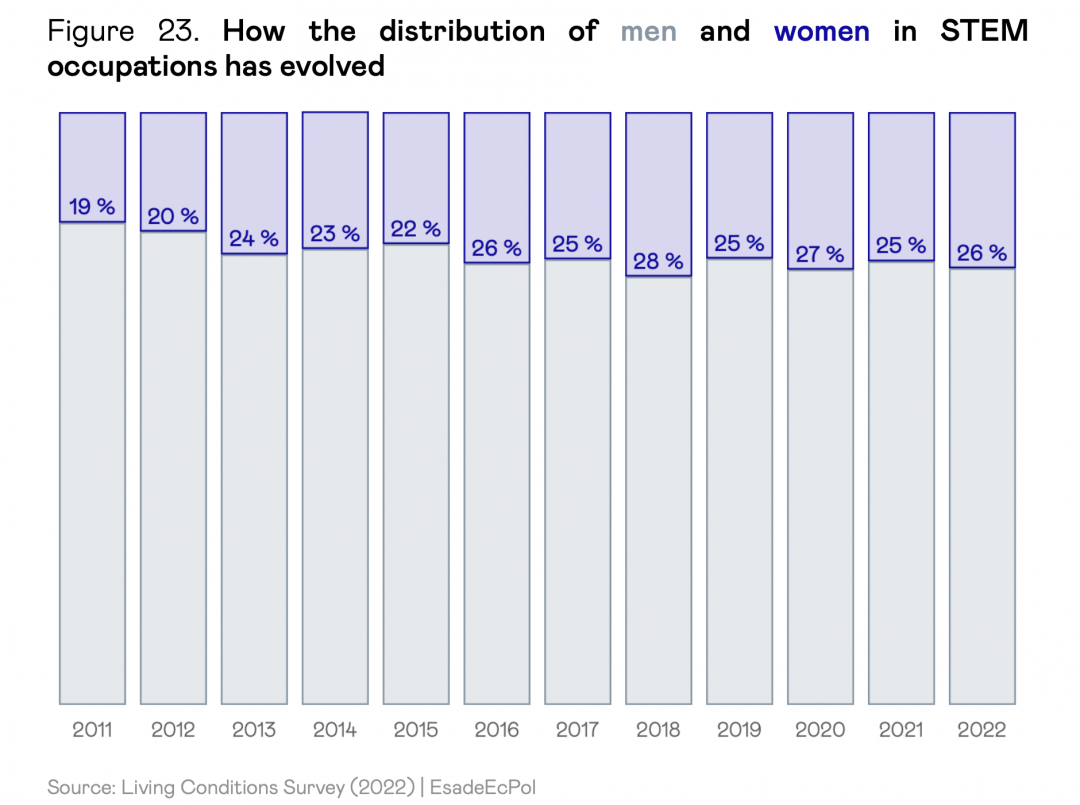
Responding to global systemic shocks: applying lessons from previous crises to Covid-19
Ana Revenga
30 Mar, 2020
EsadeEcPol Insight #5
Executive summary
- The world is going through a global crisis that goes beyond health issues and affects livelihoods in many countries nearly simultaneously.
- The SARS epidemic of 2003 left the world four clear lessons for improved healthcare:
- invest in preparedness systems
- centralise decision making
- strengthen investment in public health and research
- be transparent and timely in public communications
- However, only a few (mostly Asian) countries immediately learnt and implemented these lessons.
- Many countries remain unprepared to face a double health-economic shock, but those nations that are better prepared have become the first to deal with the double shock once the epidemic unfolded in Western Europe and the US.
- The concurrence of the shock, along with the globalised nature of economic and population flows, makes it necessary but nearly impossible to respond to the pandemic in a coordinated and supranational manner.
- Support from multilateral organisations, and joint global action to keep export markets open, will be crucial for overcoming the dilemma.
- Based on previous experience, we point to three fields for prioritising investment when facing shock:
- support for containing the pandemic (mainly through the health sector)
- support for strengthening social safety nets
- support for measuring impacts (identifying which populations are experiencing the greatest hardships and which firms are failing) so that scarce programme funds can be directed where most needed.
- These measures must be as precise and cost-effective as possible. The 2014 Ebola outbreak and the current response to the Covid-19 challenge in Peru and Colombia show promising ways forward.
Read the full article:



